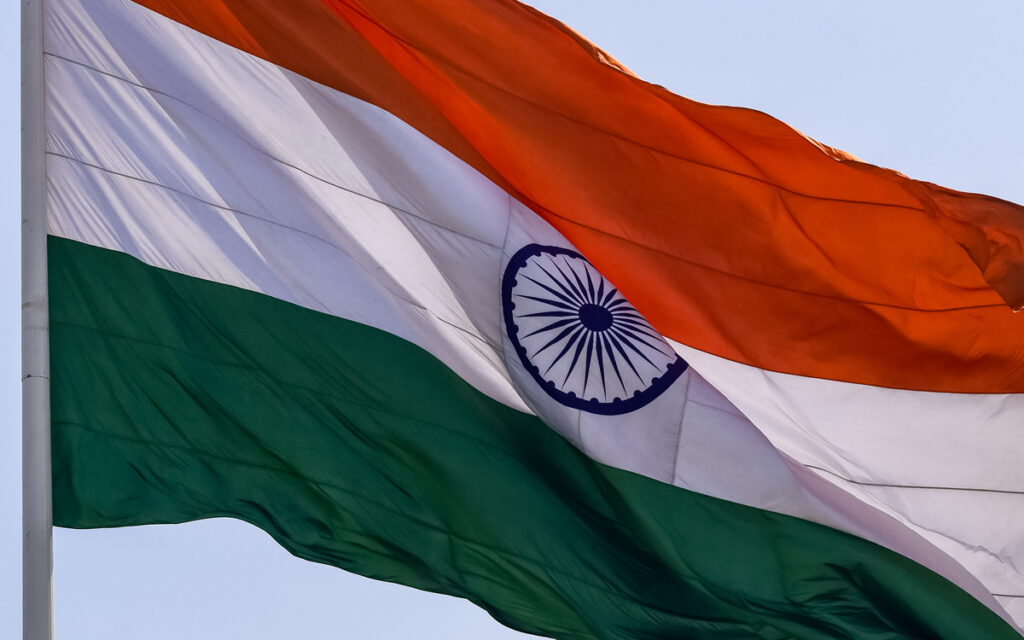Indian Home Minister Amit Shah introduced a groundbreaking proposal on August 11, aimed at overhauling the nation’s colonial-era criminal laws. This reform includes replacing the Indian Penal Code of 1860 with the Bharatiya Nyaya Sanhita, updating the Code of Criminal Procedures of 1898 and 1973 with the Bharatiya Nagrik Suraksha Sanhita, and substituting the Evidence Act of 1872 with the Bharatiya Sakshya Bill. These legislative changes signify a major shift from laws inherited from British rule, aiming to modernize India’s legal framework.
LGBTQ Inclusivity in Focus
While the Washington Blade reported in September that these bills are not LGBTQ-inclusive, recent developments indicate a potential shift towards more progressive legislation. An October report suggests that the parliamentary committee reviewing these bills is likely to recommend the inclusion of gender-neutral provisions. This would mean the criminalization of non-consensual sex across all genders, including men, women, and transgender individuals. This recommendation, if adopted, could mark a significant step towards recognizing and addressing sexual violence in all its forms, including those affecting the LGBTQ community.
The Debate Over Section 377
The Supreme Court’s 2018 decision to decriminalize consensual same-sex relations was a landmark victory for LGBTQ rights in India. However, the legacy of Section 377, the colonial-era law that criminalized homosexuality, still looms large. The new Bharatiya Nyaya Sanhita bill proposes to eliminate any reference to Section 377, a move that could further solidify the legal acceptance of LGBTQ relationships. However, this also raises concerns about the absence of provisions for non-consensual sex involving LGBTQ individuals, prompting the committee to suggest the inclusion of such provisions in the new penal codes.
The Gender Gap in Sexual Assault Laws
One critical area of concern is the definition of rape in the proposed Bharatiya Nyaya Sanhita bill. Section 63 of the bill still defines rape as a crime committed by a man against a woman, failing to acknowledge sexual assault in other contexts, such as between men or by women. This lack of gender-neutrality in sexual offense laws has led to underreporting and a lack of official statistics on rape cases involving LGBTQ people in India.
The Community’s Call for Inclusivity
LGBTQ activists like Prijith Pk have emphasized the importance of inclusive committee representation to ensure that the concerns of the LGBTQ community are adequately addressed in the new legislation. The fear of misuse of laws against non-consensual sex, particularly against LGBTQ individuals, echoes historical abuses during British colonial rule. Activists like Pk advocate for direct consultation with the LGBTQ community to craft inclusive and protective measures.
Sudhanshu Latad from the Humsafar Trust, an organization championing LGBTQ rights in Mumbai, stresses the need for equitable remedies in sexual offense laws. He dismisses fears of specific misuse against the LGBTQ community but acknowledges that any law’s potential misuse could harm affected parties. Latad’s perspective highlights the complexity of creating laws that are both inclusive and protective of all citizens, regardless of their gender or sexual orientation.
These discussions and debates around the proposed penal code reforms in India reflect a nation at a crossroads. Balancing the need to update colonial-era laws with the imperative to protect and include all citizens, especially marginalized groups like the LGBTQ community, is a challenging but essential task for India’s lawmakers. The outcome of this legislative process will have significant implications for the nation’s pursuit of justice and equality.

